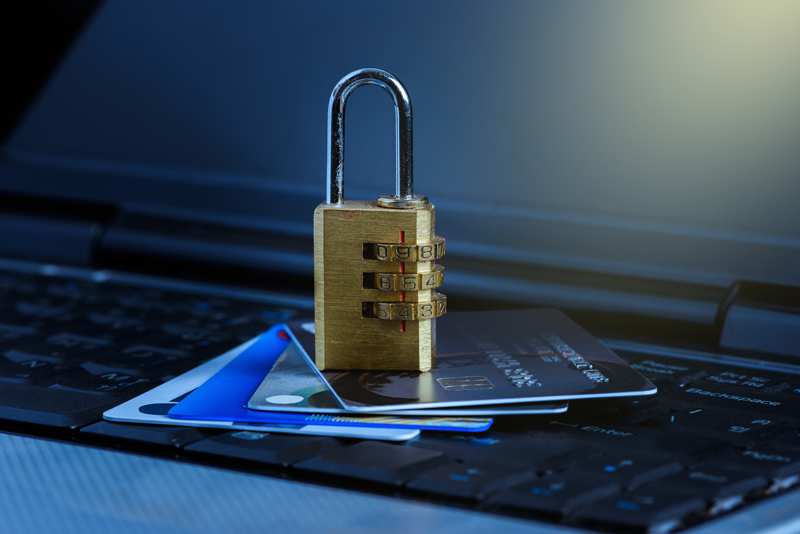What Is the FCBA Credit Law?
Curious about the FCBA Credit Law and how it affects you? You may be here because you’ve noticed suspicious transactions or unauthorized charges on your account. Maybe you realize you’ve been overcharged. Perhaps you’ve been billed for undelivered merchandise or services.
All of this can leave you feeling helpless. That’s why it’s important to know your consumer rights.
Today, we’ll talk about unfair billing practices and how the FCBA protects you. Because it certainly does. It ensures that creditors respond to your billing disputes promptly. You don’t even have to pay the disputed amount until your account investigation gets resolved. Read on to learn more.
What Is the FCBA?
The FCBA (Fair Credit Billing Act) is a federal law that was passed in 1974. It’s still relevant today, as its design guards consumers against unfair billing practices. It applies to open-end credit lines, such as credit cards and revolving charge accounts.
Note: The FCBA does not apply to installment loans like mortgages, car loans, or personal loans. You repay these on a fixed timeline/plan.
Before the Act
There was a time when the Fair Credit Billing Act did not exist. What did that mean? Your credit score was at risk. Even if charges were inaccurate or unwarranted, you were still responsible. You had to pay, or you were reported for late payment or nonpayment. All that has changed thanks to the FCBA.

How Does the FCBA Credit Law Protect Me?
At its core, the FCBA law gives you the opportunity to dispute incorrect charges. As you do, you’re also temporarily able to withhold your payment without damaging your credit score. Here are some more FCBA details.
What’s the Purpose of the FCBA Credit Law?
• The FCBA says your credit card bill must arrive at least 14 days prior to your minimum payment date. (In fact, the CARD Act of 2009 now ensures that your bill arrives 21 days prior.)
• In the case of overpayment, the credit card company must refund you or credit your account promptly.
• Creditors must resolve disputes within two billing cycles (no more than 90 days) after receiving your dispute letter.
• If you report fraud promptly, liability for unauthorized transactions is capped at fifty dollars. But most credit card issuers will waive the charge as part of their customer service program.
• Though they’re not deemed “billing errors,” you may even be able to dispute charges when you’re dissatisfied with the quality of the services or goods you purchased with your credit card.
• If your account is in dispute under the FCBA, you’re not required to pay the disputed amount.
• Further, during dispute investigations, creditors can’t take any legal action to collect the disputed amount. They can’t threaten your credit score or report your account as delinquent. Nor may they restrict or close your account in light of the dispute.
Don’t Assume & Ignore
Mistakes happen. Fraud happens. It’s not safe to assume every charge on your account statement is correct and final. Go over them. And remember that you have a right as a consumer. You can and should dispute credit card charges that you believe to be billing errors.








